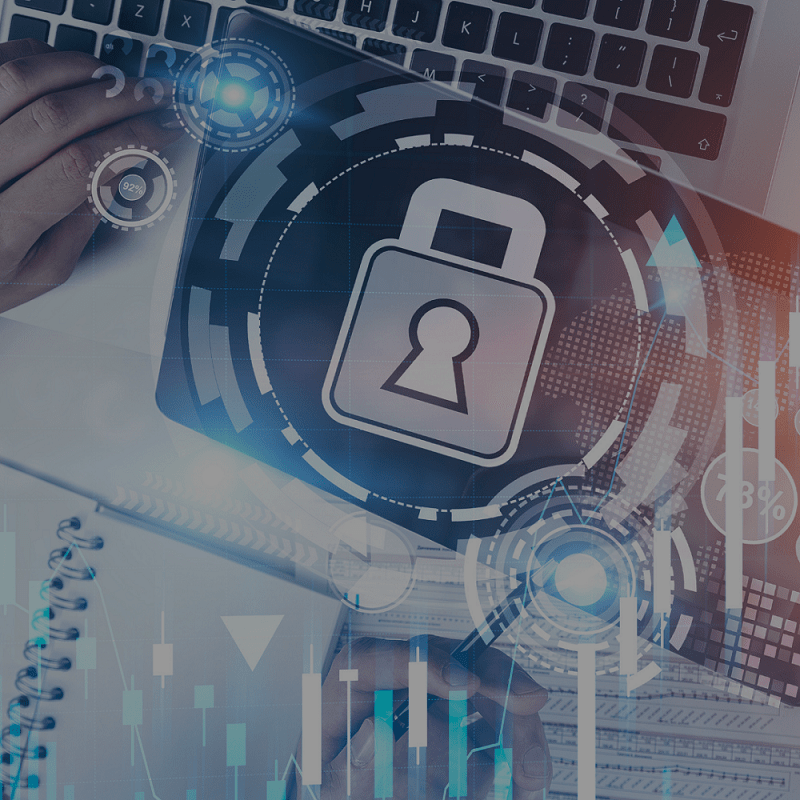It is very important for small businesses to protect themselves from the most common cyber attacks. If you’re a small or medium-sized enterprise (SME) then there’s around a 1 in 2 chance that you’ll experience a cyber security breach.
Here are a few tips cyber security tips for small businesses to get you started.
Backing up your data
Think about how much you rely on your business-critical data. Customer details, quotes, orders, and payment details. Now imagine how long you would be able to operate without them. All businesses, regardless of size, should take regular backups of their important data, and make sure that these backups are recent and can be restored.
– Identify what data you need to back up
– Keep your backup separate from your computer
– Consider cloud storage
– Make backing up part of your everyday business
Protecting your organisation from malware
Malware is software or web content that can harm your organisation. The most well-known form of malware is viruses, which are self-copying programs that infect legitimate software.
– Install, and turn on, antivirus software
– Prevent staff from downloading dodgy apps
– Keep all your IT equipment up to date
– Control how USB drives (and memory cards) can be used
– Switch on your firewall
Keeping your smartphones and tablets safe
Mobile technology is now an essential part of modern business, with more of our data being stored on tablets and smartphones. What’s more, these devices are now as powerful as traditional computers, and because they often leave the safety of the office (and home), they need even more protection than ‘desktop’ equipment.
– Switch on password protection
– Make sure lost or stolen devices can be tracked, locked, or wiped
– Keep your device up to date
– Keep your apps up to date
– Don’t connect to unknown Wi-Fi Hotspots
Using passwords to protect your data
Your laptops, computers, tablets and smartphones will contain a lot of your own business-critical data, the personal information of your customers, and also details of the online accounts that you access. It is essential that this data is available to you, but not available to unauthorised users.
– Make sure you switch on password protection
– Use two factor authentication for ‘important’ accounts
– Avoid using predictable passwords
– Help your staff cope with ‘password overload’
– Change all default passwords
Avoid phishing attacks
In a typical phishing attack, scammers send fake emails to thousands of people, asking for sensitive information or containing links to bad websites. They might try to trick you into sending money or steal your details to sell on. Phishing emails are getting harder to spot, and some will still get past even the most observant users.
– Configure accounts to reduce the impact of successful attacks
– Think about how you operate
– Check for the obvious signs of phishing
– Report all attacks
Don’t leave the responsibility for cyber security with a single person. Every member of the team needs enough knowledge to understand how cyber security impacts on their area of focus. Contact us to see how we can help develop these cyber security tips for small businesses.




